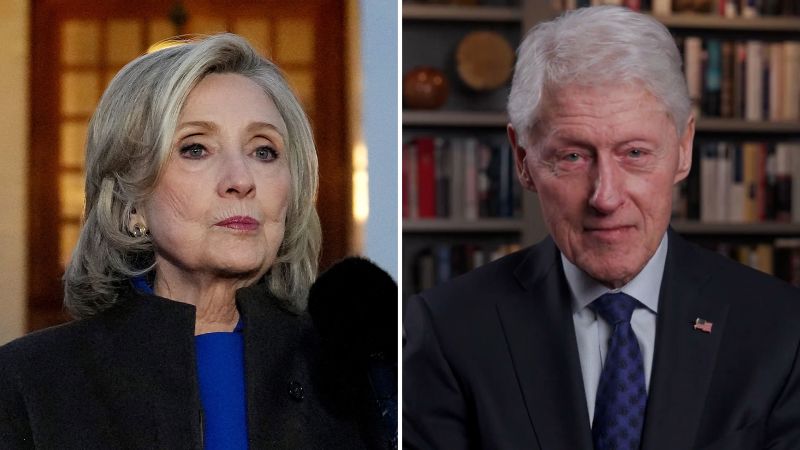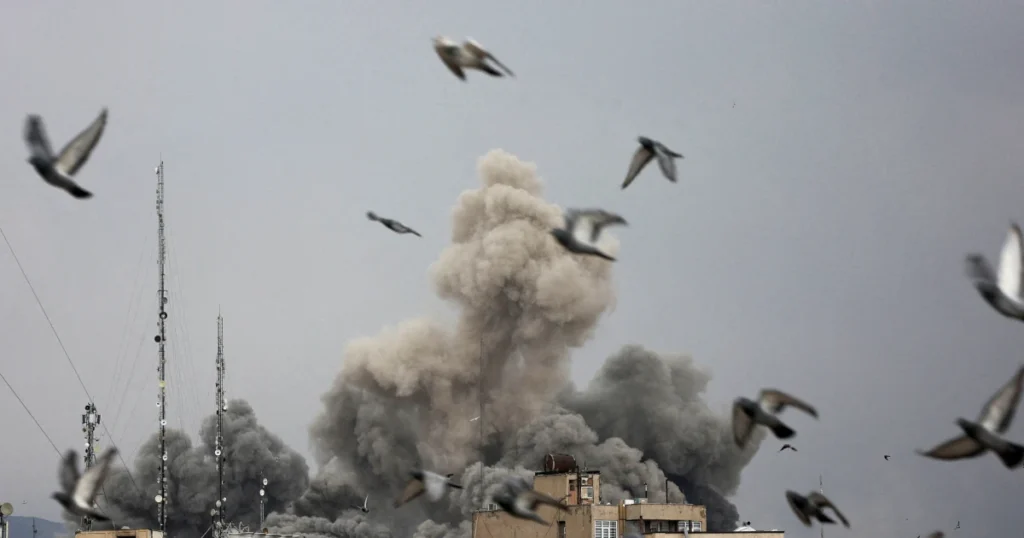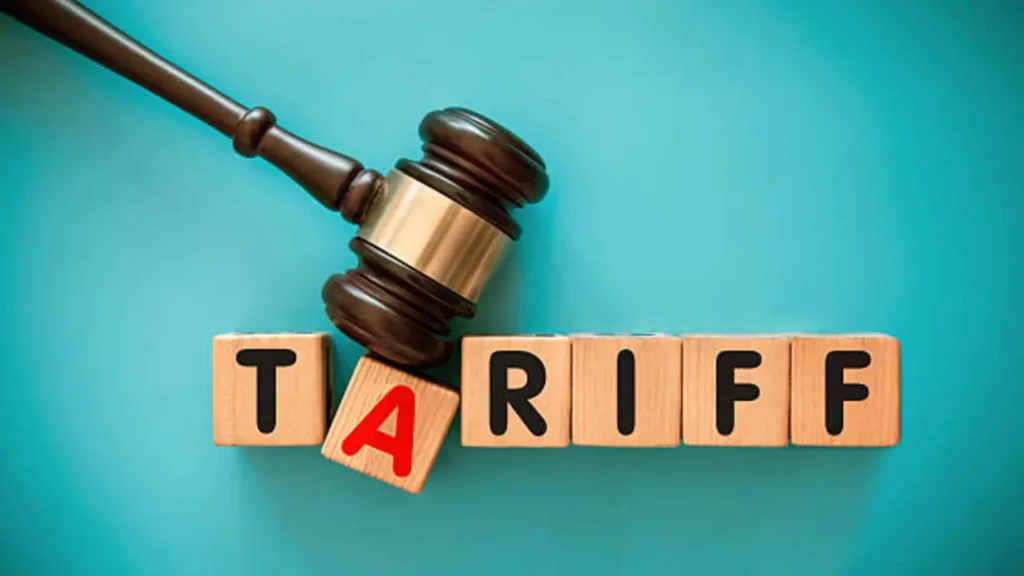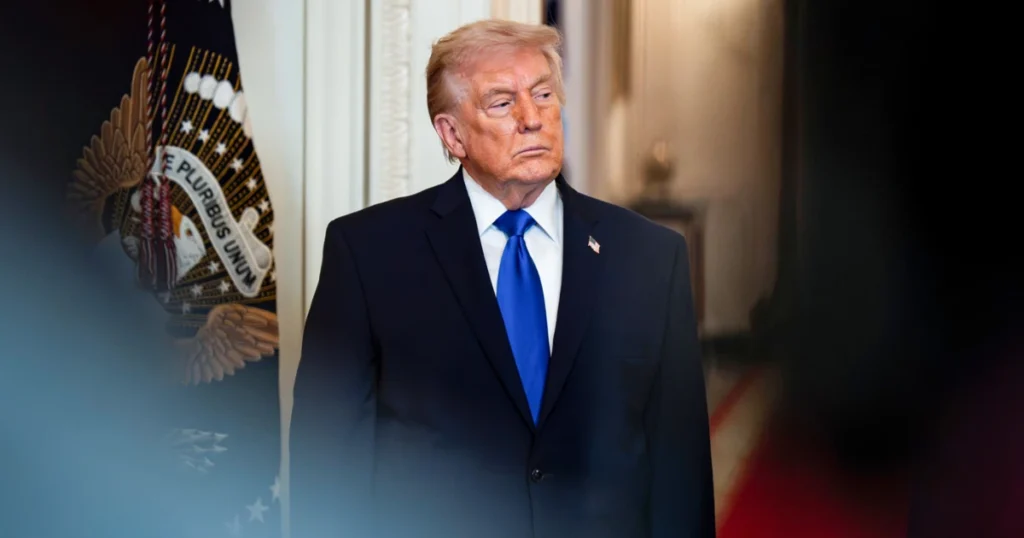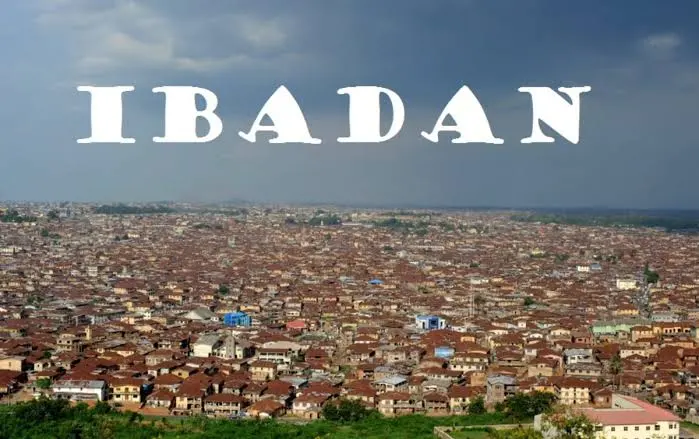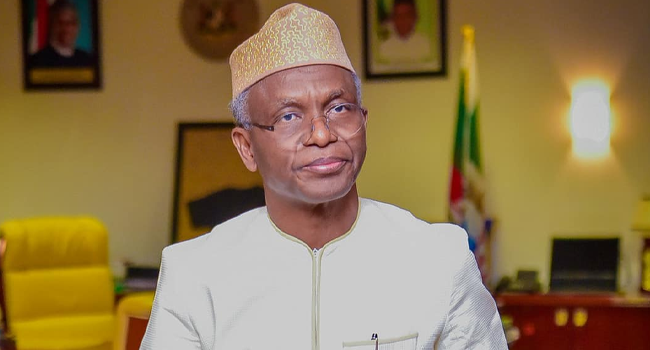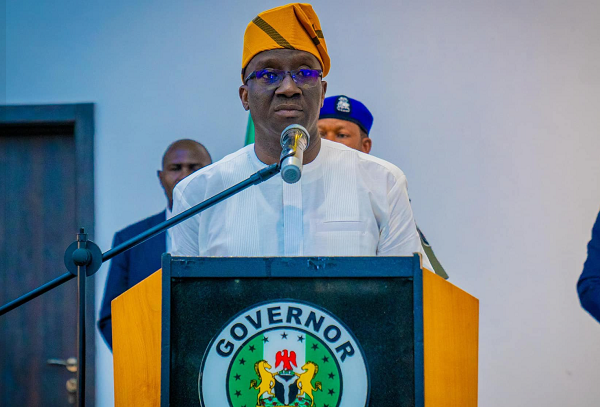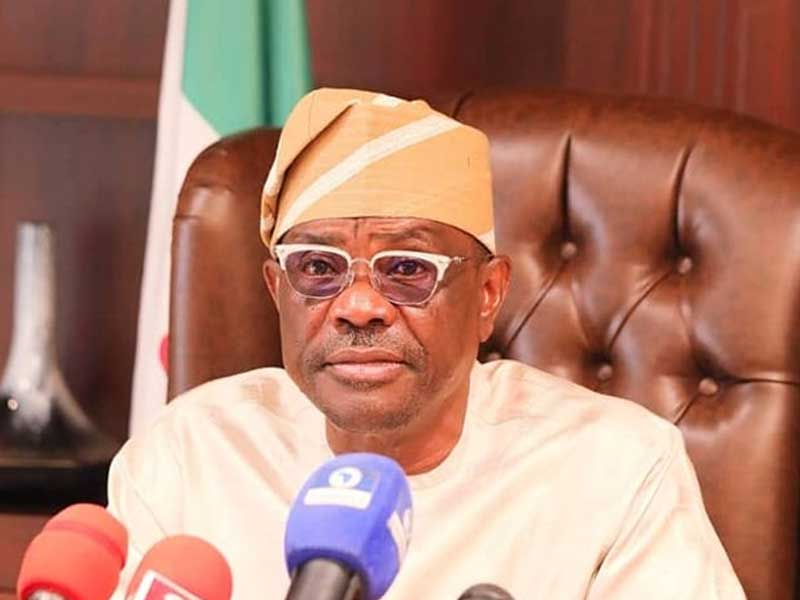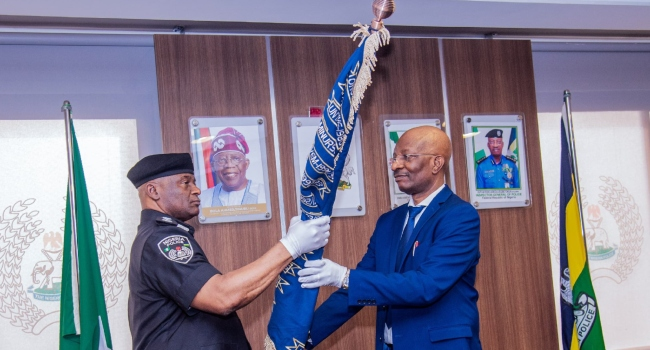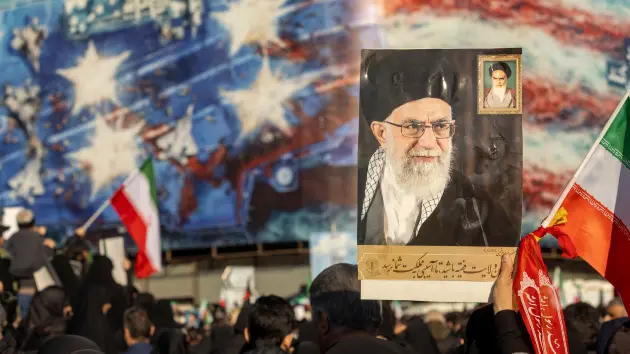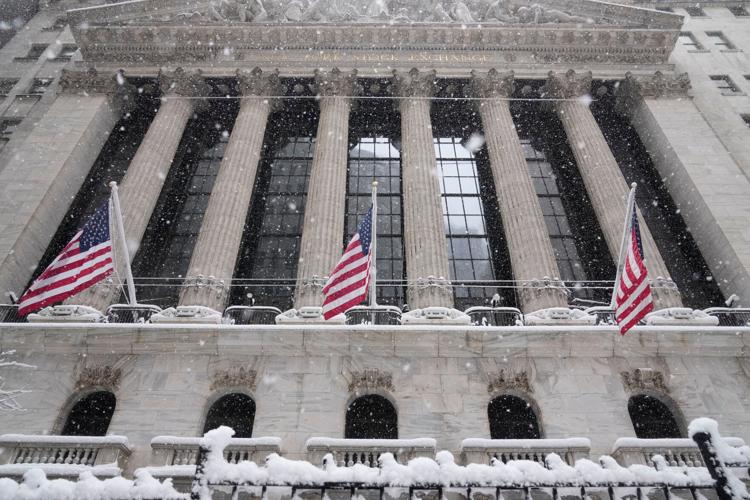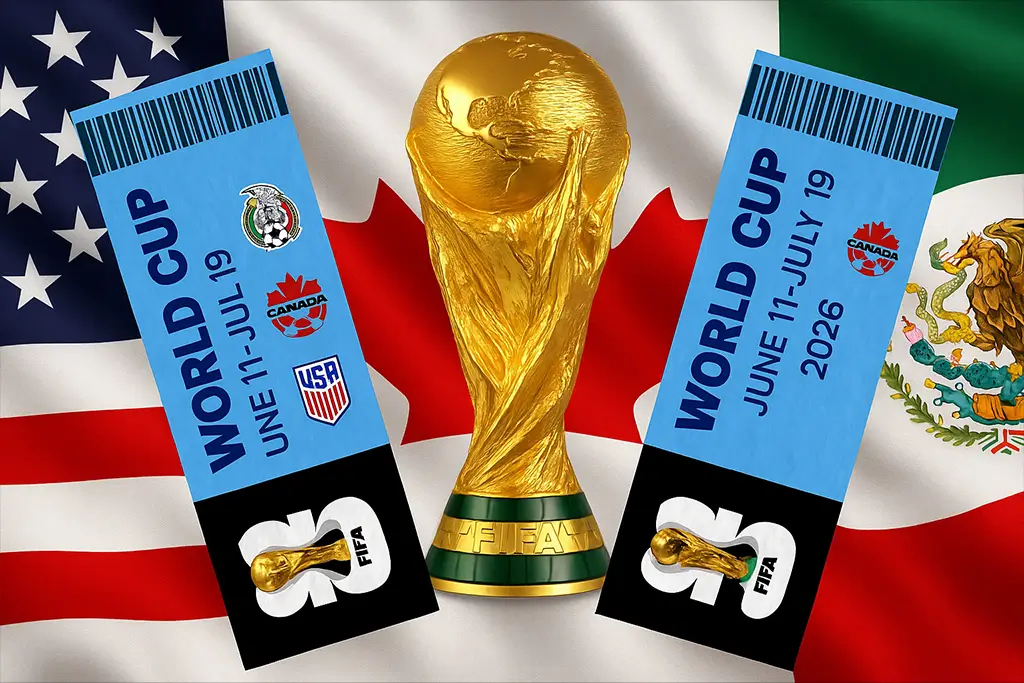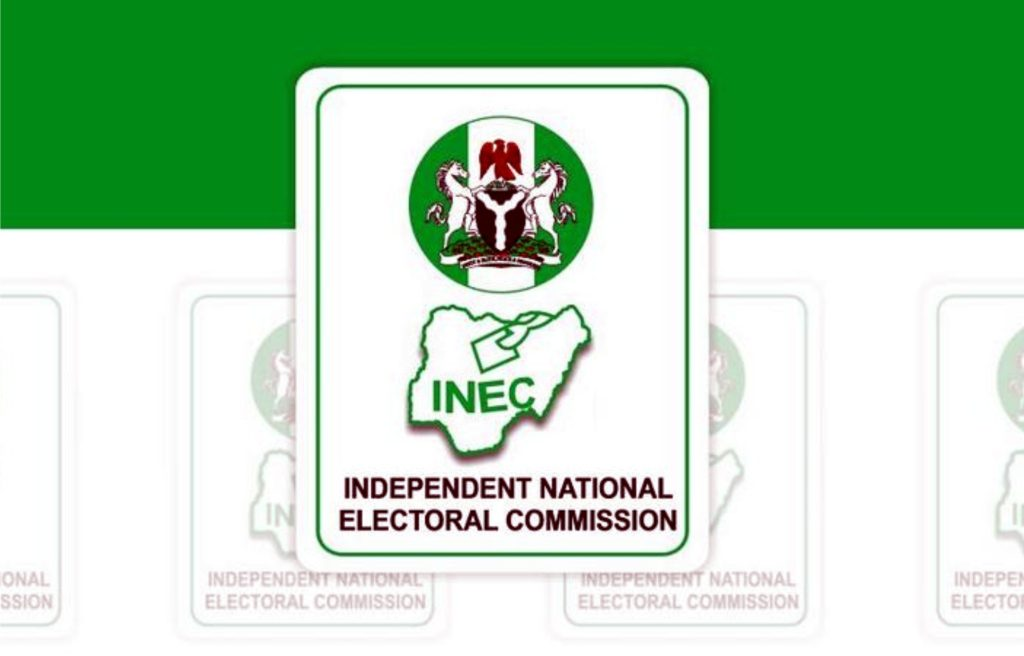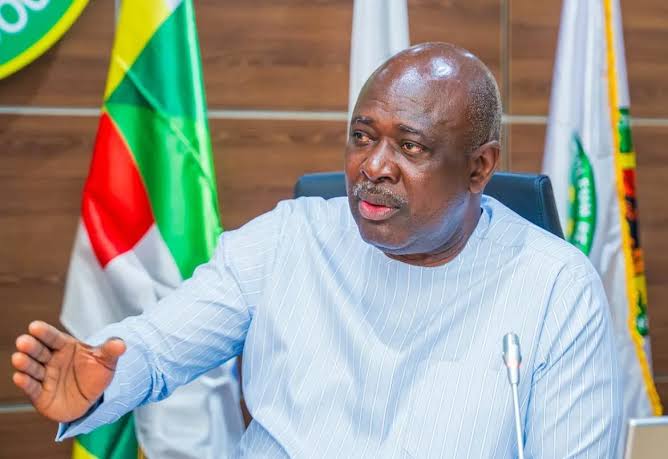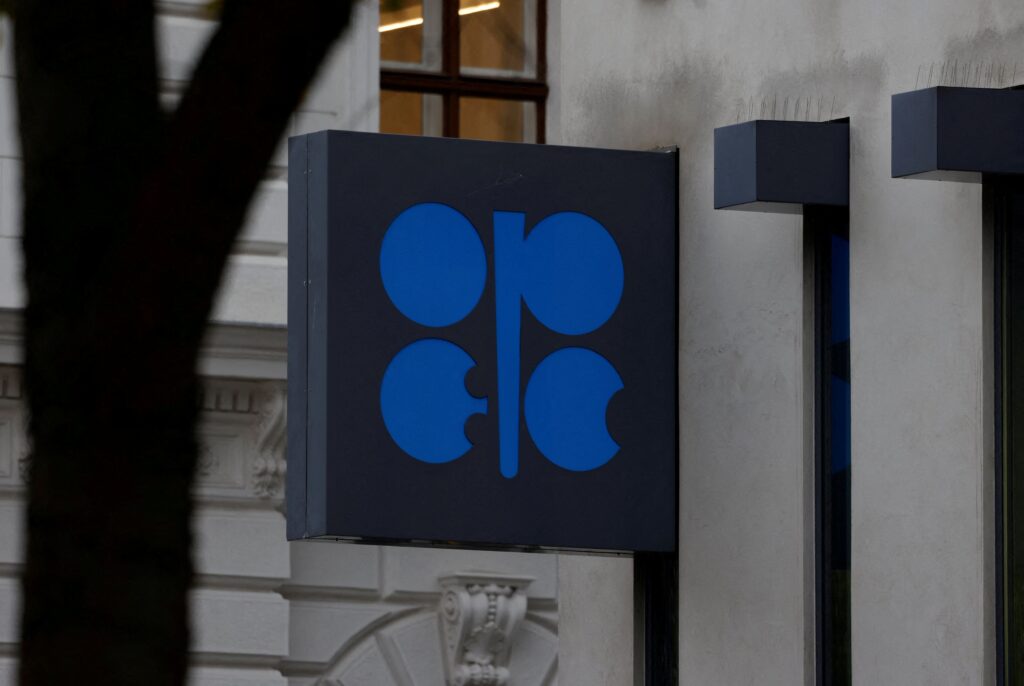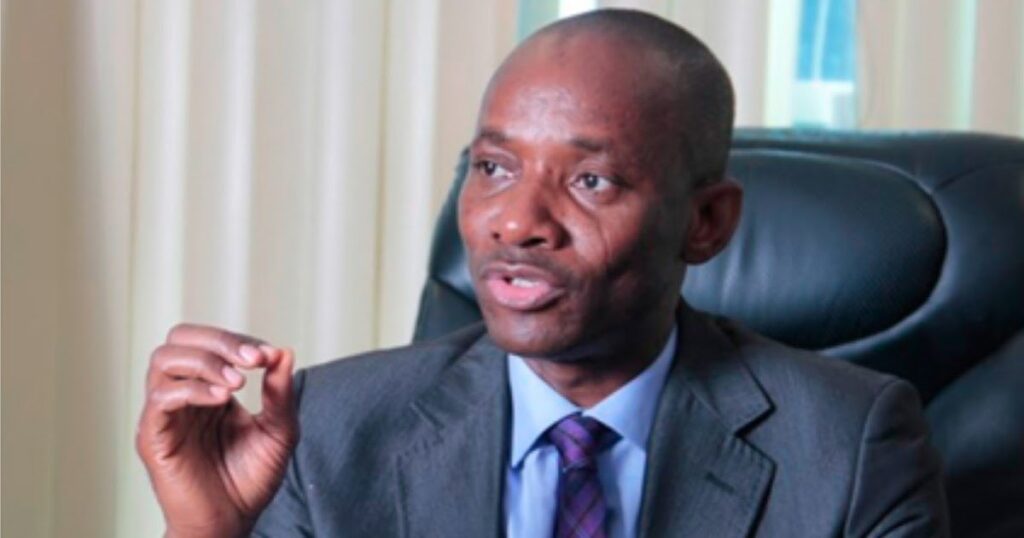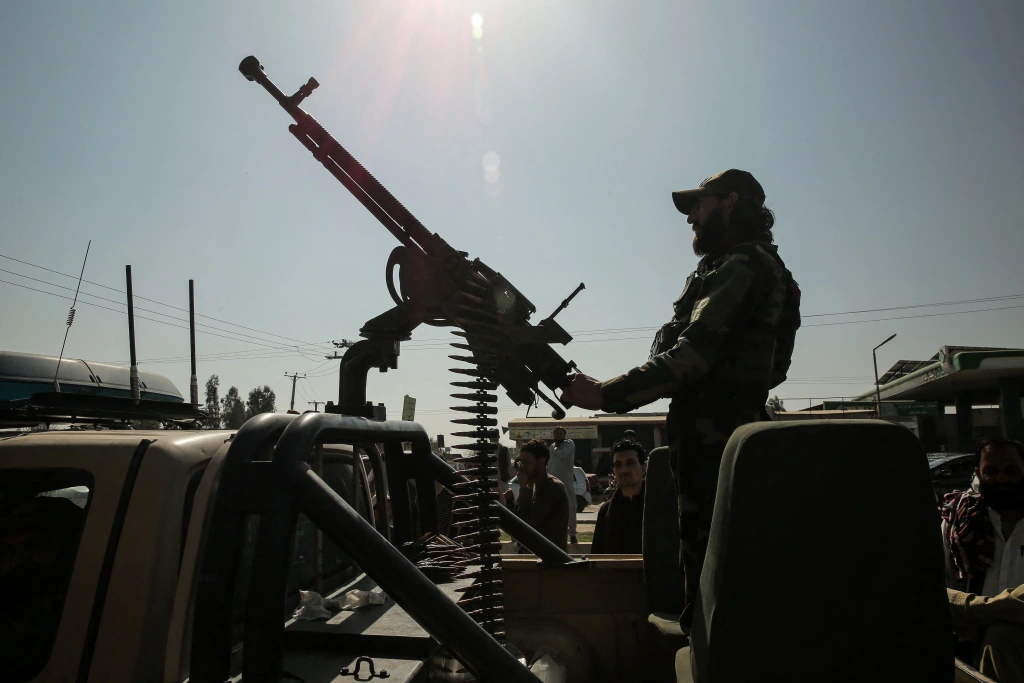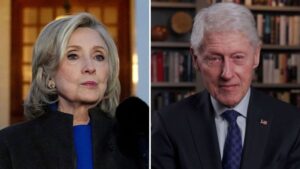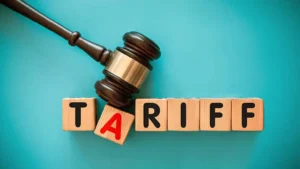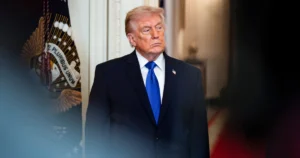The Biden administration announced plans to remove Cuba from the United States’ list of state sponsors of terrorism as part of an agreement tied to the release of 553 prisoners in Cuba. The White House confirmed the decision Tuesday after Cuba committed to gradually releasing individuals convicted of various offenses, including some believed to have participated in anti-government protests four years ago.
Cuba was reinstated on the terrorism sponsor list in 2021 during the final days of Donald Trump’s presidency, a move that imposed strict sanctions, including bans on U.S. economic aid and arms exports. However, a senior Biden administration official stated that a recent review found no evidence to justify Cuba’s continued designation.
Cuba’s Ministry of Foreign Affairs welcomed the decision as “a step in the right direction” but criticized its limited scope. In a statement, the ministry emphasized that U.S. sanctions and other coercive measures have caused significant harm to the Cuban economy and its citizens. The ministry also confirmed that the prisoner releases would occur in stages, following negotiations facilitated by the Catholic Church.
The identities of those to be freed remain undisclosed, but there is hope that the deal will lead to the release of individuals detained during the widespread 2021 protests sparked by severe economic hardships.
Cuba currently shares the state sponsor of terrorism designation with North Korea, Syria, and Iran. The Trump administration justified Cuba’s inclusion in 2021 by citing its support for Venezuelan President Nicolás Maduro, a move Cuba dismissed as “political opportunism” and “hypocritical.”
This decision by the Biden administration is seen as a potential step toward improving strained U.S.-Cuba relations. Experts suggest it could pave the way for broader discussions on contentious issues and provide some relief for Cuba’s struggling economy, which faces ongoing challenges in attracting foreign investment and accessing international financial systems.


